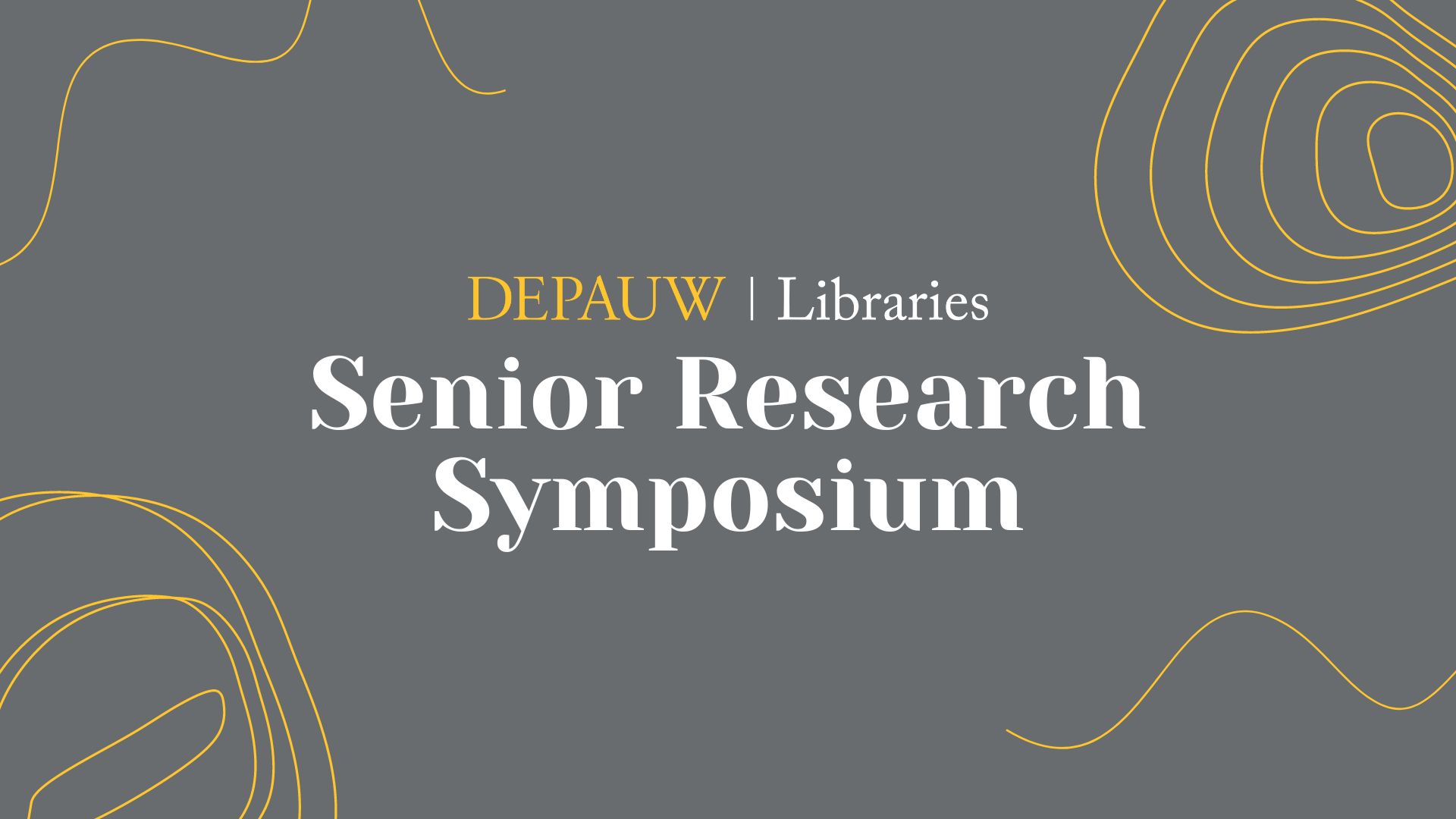Location
Roy O. West Library, Wood Study
Start Date
1-5-2024 11:20 AM
End Date
1-5-2024 11:40 AM
Presentation Type
Thesis
Description
This thesis paper seeks to enhance the understanding of the Japanese-Dutch relationship during the Edo Period. Despite Japan being a closed country during the Tokugawa Shogunate, it uniquely permitted the Netherlands as the only Western country to have access to trade. This decision was challenging to make due to Japan’s previous failed experiences with the West, such as the Portuguese, whose spread of the Christian religion led to major conflict. When Japan expelled out all Western foreigners, they allowed the Dutch to remain. The Netherlands then became the exclusive Western country allowed in Japan for over 200 years. This relationship brought benefits to both Japan and the Netherlands that promoted a long-lasting partnership. The central question this paper looks to answer is as follows: Why did the Japanese-Dutch relationship succeed when past Western and Asian engagements failed in Japan, and what were the exchanged benefits?
Included in
Finding the Right Partner: Japan and Netherlands’ Relationship in the Edo Period
Roy O. West Library, Wood Study
This thesis paper seeks to enhance the understanding of the Japanese-Dutch relationship during the Edo Period. Despite Japan being a closed country during the Tokugawa Shogunate, it uniquely permitted the Netherlands as the only Western country to have access to trade. This decision was challenging to make due to Japan’s previous failed experiences with the West, such as the Portuguese, whose spread of the Christian religion led to major conflict. When Japan expelled out all Western foreigners, they allowed the Dutch to remain. The Netherlands then became the exclusive Western country allowed in Japan for over 200 years. This relationship brought benefits to both Japan and the Netherlands that promoted a long-lasting partnership. The central question this paper looks to answer is as follows: Why did the Japanese-Dutch relationship succeed when past Western and Asian engagements failed in Japan, and what were the exchanged benefits?



Comments
Prepared as part of Dr. Hiroko Chiba's ASIA 480: Asian Studies Seminar.
Special acknowledgment and gratitude to the Klauser Japanese Projects Fund for funding the resources to present this project.
Special thanks to Dr. Hiroko Chiba for mentoring this project as well as to Dr. Pauline Ota for extra guidance.